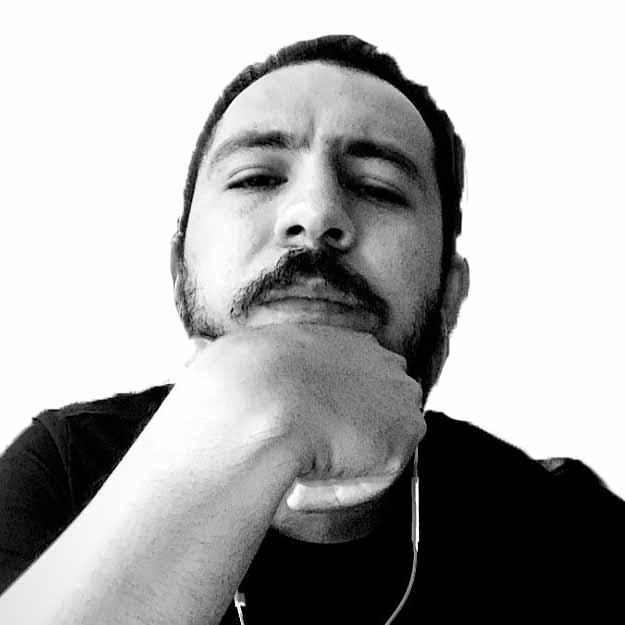World
Adrees Latif/Reuters
Families Trapped at the Border Say Biden Has Betrayed Them
SAME AS THE OLD BOSS
Central American families fleeing death and destruction at home believed Trump-era restrictions would be eased by Biden. They were wrong.

Trending Now





